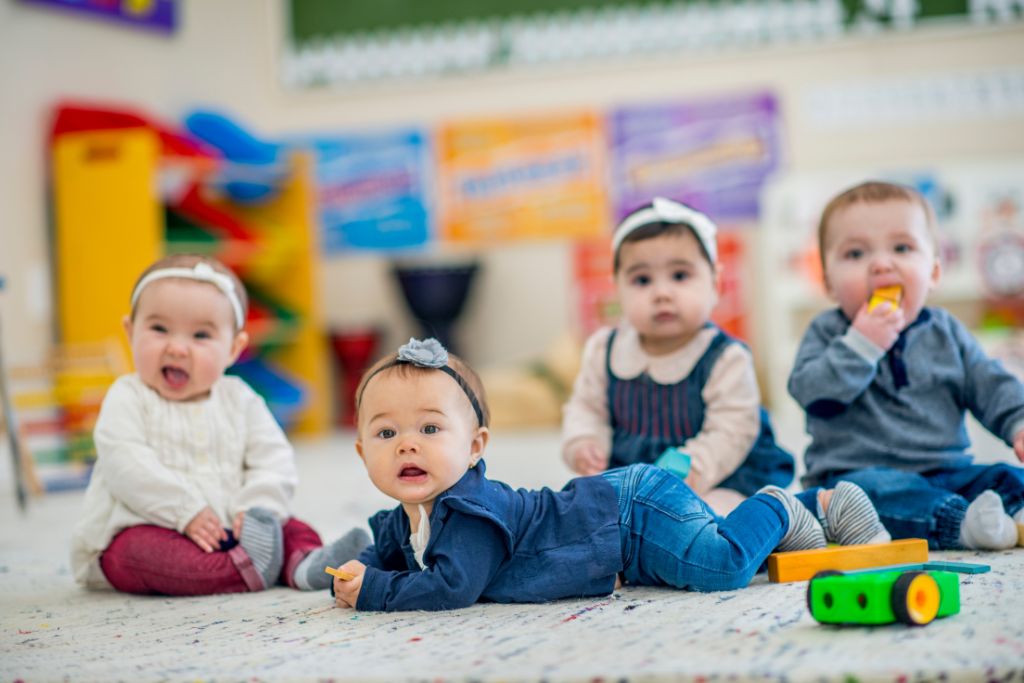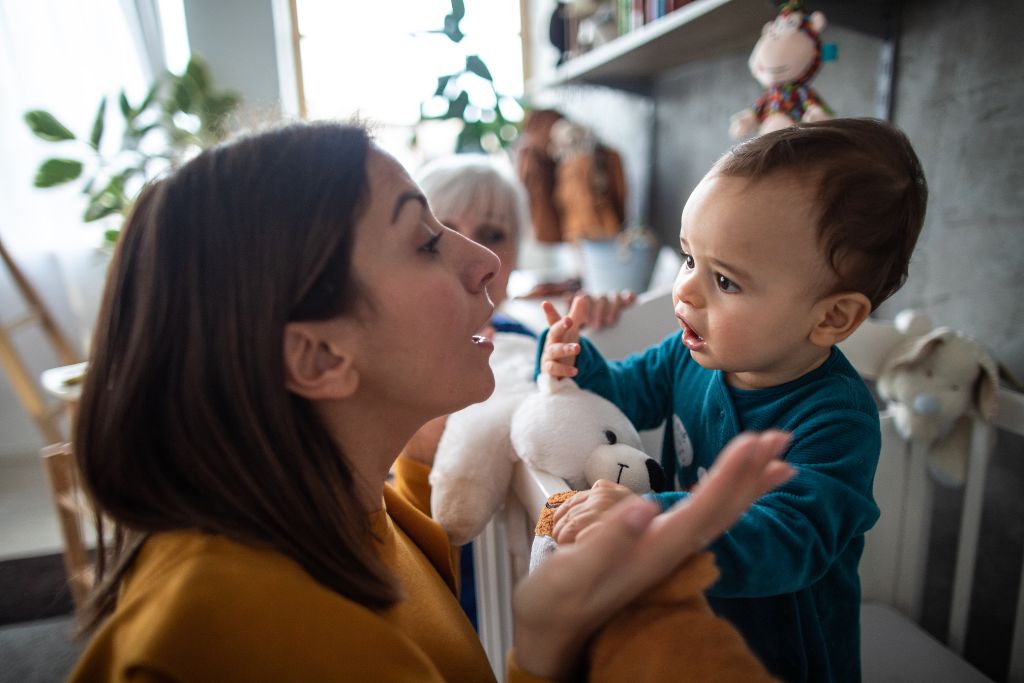As parents, we often find ourselves struggling to communicate with our little ones, especially during their toddler years. Toddlers are at a stage where they are rapidly developing their language skills and discovering the world around them. This makes effective communication crucial for building strong parent-child relationships and ensuring that your child feels understood and supported. In this blog post, we will explore the different stages of toddler development, why effective communication is so important, common miscommunications between parents and toddlers, tips for successful communication with your child, and how to handle those dreaded tantrums. So let’s dive in!
The Different Stages of Toddler Development
Toddler development is divided into different stages, each with its own unique milestones that children achieve. The first stage is typically from 12-18 months and involves learning basic communication skills such as pointing, using simple words like “mama” or “dada,” and comprehending simple instructions.
The second stage starts at around 18-24 months when toddlers begin to develop a more extensive vocabulary. They start putting two words together to form short phrases and sentences, understand basic questions, and express their emotions verbally.
Between the ages of 2-3 years old, toddlers enter the third stage where they begin to speak in complete sentences and use pronouns correctly. They also develop a better understanding of grammar rules such as verb tense and plurals.

During the final toddler development stage (3-5 years old), your child will become much more proficient in language skills. Your little one will be able to tell stories using complex sentence structures as well as follow multi-step directions.
It’s important for parents to keep in mind that every child develops at their own pace; some may reach these milestones earlier than others while some may take longer. Understanding these developmental stages can help parents communicate effectively with their toddlers by adjusting their language accordingly.
The Importance of Effective Communication with Toddlers
Effective communication with toddlers is crucial in their overall development and growth. Toddlers have limited vocabulary and struggle to express themselves, which makes it challenging for parents to understand their needs and wants. This is where effective communication comes into play.
When parents communicate effectively with their toddlers, they build a strong bond of trust and love that lasts a lifetime. It teaches them how to interact with others positively, and improves their social skills, self-esteem, language development, and cognitive and emotional growth.
Furthermore, effective communication helps reduce frustration in both the parent and toddler; it creates an environment for mutual understanding when issues arise. When toddlers feel heard by their parents or caregivers through attentive listening or nonverbal cues such as facial expressions and body language – they experience comfort in knowing that they are understood.

In addition to this, effective communication allows parents to set boundaries without being harsh or punitive towards the child. Instead of using forceful tactics like yelling or spanking when a toddler misbehaves – calm discussions can be used instead. Effective communication opens up opportunities for learning moments between parent & child while keeping discipline gentle yet firm.
Having good communication skills will not only help you understand your toddler better but also strengthens your relationship with them. When we listen actively without interrupting our little ones’ stories or expressions of feelings- we build trust beyond words!
Tips for Effective Communication with Toddlers
Effective communication with toddlers can be challenging, but it is crucial for their development and future success. Here are some tips to help you communicate effectively with your little one:

1. Get down to their level: Sit or kneel down so that you are eye-to-eye with your toddler. This will make them feel heard and understood.
2. Use simple language: Toddlers have a limited vocabulary, so use simple words and phrases they can understand.
3. Be patient: Give your toddler time to process what you say and respond in their own way.
4. Use positive reinforcement: Praise good behavior instead of constantly correcting bad behavior.
5. Listen actively: Pay attention when your child speaks to show them that their thoughts and feelings matter.
6. Repeat yourself if necessary: Toddlers need repetition to learn new concepts, so don’t be afraid to repeat yourself if needed.
Remember, effective communication takes practice! Keep trying different approaches until you find what works best for both you and your toddler.
Common Miscommunications between Parents and Toddlers
Common Miscommunications between Parents and Toddlers
Communicating with a toddler can be challenging, and sometimes it’s easy to fall into communication traps that hinder effective interactions. One of the most common miscommunications between parents and toddlers is speaking in complex sentences or using words that are too difficult for them to understand.
Toddlers have a limited vocabulary, so it’s essential to use simple language when communicating with them. Using short phrases and repeating key concepts helps toddlers better understand what you’re trying to say.
Another common mistake parents make is talking to their child instead of engaging in an actual conversation. When we fail to listen actively, we miss out on important cues our toddler may be trying to communicate non-verbally.
Non-verbal cues such as facial expressions or body language can tell us more about how our toddlers feel than words ever could. Paying attention to these subtle clues can help us avoid misunderstandings and build stronger connections with our little ones.

One of the biggest miscommunications comes from not setting clear boundaries or expectations for behavior. Having consistent rules will help your toddler understand what behaviors are acceptable while also making it easier for you as a parent to enforce those standards when necessary.
Understanding common miscommunications between parents and toddlers can help you develop better strategies for communicating effectively with your child. By paying attention to nonverbal cues, simplifying your language, listening actively during conversations and setting clear boundaries – communication errors can be avoided altogether!
Effective communication with your toddler is key to building a strong relationship and promoting their language development. As an educator, you likely have experience communicating with children, but working with toddlers can present unique challenges. If you’re a new educator or parent looking for tips on how to effectively communicate with your toddler, check out this article. It offers practical advice, such as using simple language, actively listening, and using positive reinforcement. Additionally, it’s important to be patient and understanding, as toddlers are still learning and developing their communication skills. By incorporating these tips and tricks into your interactions with your toddler, you can foster healthy communication and help them thrive.
